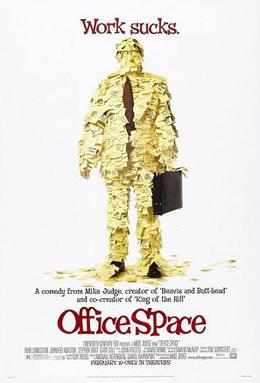
So Chrysler needs a bailout and Obama has issued an
ultimatum to them, along with GM, basically requiring they get their acts together if they wish to be eligible for government aid. But Andrew Leonard asks the
question:
The real question is how can Obama say this:
Year after year, decade after decade, we have seen problems papered over and tough choices kicked down the road, even as foreign competitors outpaced us. Well, we have reached the end of that road. And we, as a nation, cannot afford to shirk responsibility any longer. Now is the time to confront our problems head-on and do what's necessary to solve them....
And this:
It will require creditors to recognize that they cannot hold out for the prospect of endless government bailouts.
And not understand that Congress and the American public are sure to ask why Citigroup and Bank of America are not being held to the same standard. Treasury Secretary Tim Geithner's plan to create a market price for toxic assets has been widely lambasted as a scheme to paper over banking sector insolvency. If Obama can force Wagoner to resign, based on his record, then why haven't Citigroup's Vikram Pandit and Bank of America's Ken Lewis been forced to step down? If the White House can declare that GM's bondholders must accept they will not be repaid in full what they are owed, then why aren't Citigroup and Bank of America's debtholders being told the same thing?
Leonard goes on to propose two reasons: one being that Wall Street really runs everything and Obama is doing some pandering. The other is that the Geithner Plan (see previous posts
here,
here and
here) is really just an intermediate step towards nationalization, which is the true goal of the Obama administration. In fact, Leonard argues for the latter, somewhat loftily stating:
Which of these scenarios is more likely to be true? Recent history is on the side of those who believe that Wall Street pulls the strings. Only the course of events over the next few months will tell us whether the alternative explanation holds water. But as I watched Obama speak, I could not shake the feeling that this was a trial run, rather than a sell-out, as preparation for the application of further strong medicine, rather than avoidance of the real problem. He's too smart, and his advisers are too smart, to think that he could go before the American public and criticize the "principle of endless bailouts" without knowing that he would be held to account for those words.
And let's remember that notwithstanding the huge size of GM is and its centrality to the economy of the United States, the logistical complexities and downstream impact of a GM bankruptcy restructuring likely pale against those involved with a Citigroup or a Bank of America. Telling the nation that GM will not survive in its present form has investors selling shares and workers in Michigan and Ohio angry. Telling the world that Citigroup is toast would drop an even bigger bomb.
I would love to believe this, and in fact still have not lost my faith in Obama. However, I hesitate to assert that behind everything that's going on in public, Obama secretly has a master plan free of all hypocricy and error, and that it will all come together in a glorifying moment when the American public realizes that everything was part of the plan. That's like saying we had planned to let the aliens take out New York, Los Angeles and Washington in the film, Indpendence Day, just so we could ultimately unite and beat them. It's entirely possible that Obama makes mistakes...though it's not to say that he did.
The other question, which Ezra Klein asks, is whether nationalization will even be politically possible given the failure of the Geithner plan. Will the American public be willing to support it as a measure of last resort, having exhausted all other feasible solutions? Or will they be so disillusioned by previous attempts at restoring bank assets that they will protest at the prosect of involving more taxpayer funds?
I am not embarassed to say that I simply don't know. I sure hope it's the former, and that there's a grand plan, and that we'll all unite and kill the alien mothership on the moon...





